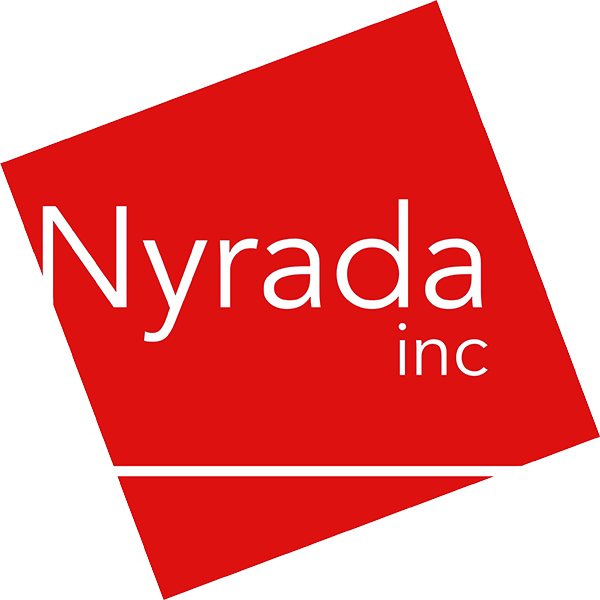Myocardial Ischemia and Arrhythmia Control
Myocardial Infarction (MI), commonly known as a heart attack, occurs when the blood supply to heart tissue is severely reduced or completely obstructed, leading to damage or death of the heart muscle. This blockage typically results from plaque accumulation in coronary arteries.
Among various forms of MI, ST-segment elevation myocardial infarction (STEMI) is the most severe, affecting approximately 25-40% of MI patients, over 3 million individuals globally each year.STEMI involves complete artery blockage and carries the highest risk for mortality, recurrent MI events, and strokes within the first year following the initial event (~19%) compared to other MI types.
Heart muscle damage during MI is largely driven by excessive calcium ion buildup, which causes irreversible cellular injury and compromises heart function. MI can lead to further complications such as cardiac arrhythmias, cardiac hypertrophy, and global cerebral ischemia, all of which can be life-threatening.
Immediate treatment for STEMI focuses on alleviating chest pain, restoring blood flow using anti-thrombotic drugs, and maintaining adequate oxygen levels. However, delayed restoration of blood flow may result in reperfusion injury, further damaging the heart tissue. Chronic medication therapies, including beta-blockers, aspirin, ACE inhibitors (like captopril), statins, and aldosterone antagonists, are commonly employed to prevent recurrence and promote cardiac tissue recovery.
Nyrada’s novel TRPC3/6/7 ion channel blocker, Xolatryp, is designed to offer cardioprotection by preventing calcium ion overload in heart cells, thereby enhancing patient outcomes. Because heart cells cannot regenerate after death, this approach is critical for recovery.
In preclinical studies involving MI-reperfusion injury models, Xolatryp provided 86% cardioprotection when administered intravenously over 24 hours, starting 30 minutes post-MI event. Additionally,Xolatryp improved cardiac function and significantly reduced injury-related biomarkers.
In addition to protecting the irreplaceable heart tissue, and reducing injury biomarker levels, the incidence of arrhythmia parameters including ventricular fibrillation and ventricular tachycardia, the leading causes of sudden cardiac death, were significantly reduced.




